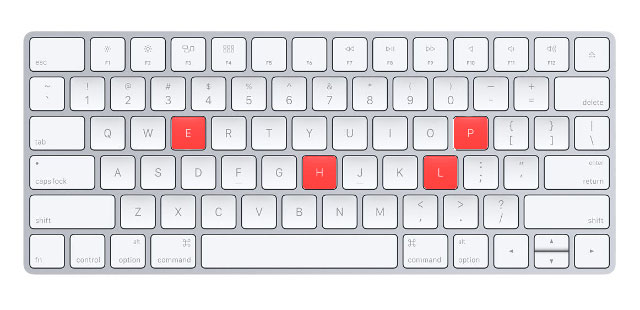This kind of conversation happens far too often.
Caller: My laptop is broken, can you fix it.
Tim: Sure, I’ll have a look at it, drop it off and don’t forget the power supply. Do you have a backup?
Caller: Er… Not really
Tim: Is there anything important on the Hard Drive that you don’t have anywhere else?
Caller: No, not really.
Tim: How about photographs?
Caller: Oh yes, all our family photos are on there from the last 6 years.
Tim: Oh! Do you have these saved anywhere else.
Caller: No, I’m afraid not, I’ve been meaning to get round to it…
This is so important for anyone who has digital data, whether correspondence, photos, documents or addresses. Any hard drive, memory stick or data storage device can fail at any time. I’ll say that again, AT ANY TIME. Data is vulnerable unless it is stored on more than one device and in more than one location.
So while it’s important to remember that your equipment could be stolen or damaged by fire, flood etc. It’s really important to understand that mechanical failure is actually not a rare occurrence. It might never happen to you but it’s not unusual. Remember too that electronic data (that includes your family photos) can be damaged or destroyed by hackers, malware, viruses and also human error. You can do it yourself by accident!
So while I don’t want to scare you, I actually do want to scare you enough to take action and avoid the stress of losing your data and enjoy the peace of mind that if your equipment lets you down, you have all your stuff on another device and it can all be retrieved.
You might think that if you take your broken computer to a computer shop, they will repair it and restore your data. Unfortunately, all too often the machine is restored to factory settings along with, “sorry, your data could not be recovered, didn’t you read the small print?” It is true that data specialists in most large cities can quite possibly retrieve some of your data from a damaged hard drive but this can be expensive and none will guarantee that they can restore your data.
So, for those out there who like to get on with things yourself and are keen to get on with it, get informed, buy an external hard drive and find a way of copying your data. If anything is absolutely critical to your business or to your happiness, get multiple backups and consider the possibilities of fire, flood and theft.
If you have considered online storage to cover you for fire and theft, read on. In one way, data stored with a corporation like Google or Apple is probably safer than data in your house as the chances of them losing it are very slim. However, consider these factors before you jump in.
- Broadband speeds in much of the UK make backing up your whole system online impractical, you might want to limit it to just the most critical data.
- Good providers use strong encryption with two-step verification
- Large corporations are the target of malicious hacking on a daily basis, they don’t like to talk about this. Serious breaches have occurred including the publication of usernames and passwords
- Remember that large corporations like Facebook, Google and Apple like to give you the impression that they are acting in your interests but they nearly always act in their own interest
Now you know what you’re getting into, you can decide which of your data if any you’d like to store with an online service e.g. iCloud Drive, Dropbox, Microsoft OneDrive, Google Drive. These companies do have a vested interest in keeping their products secure and they have infinitely more resources than you or I to keep their storage robust and secure.
If this is all too much of a minefield for you and you are concerned to put your house in order, why not get in touch with me to discuss whether I can help you or sign up here to be considered for a free consultation.
Whatever you do, BACK UP!

